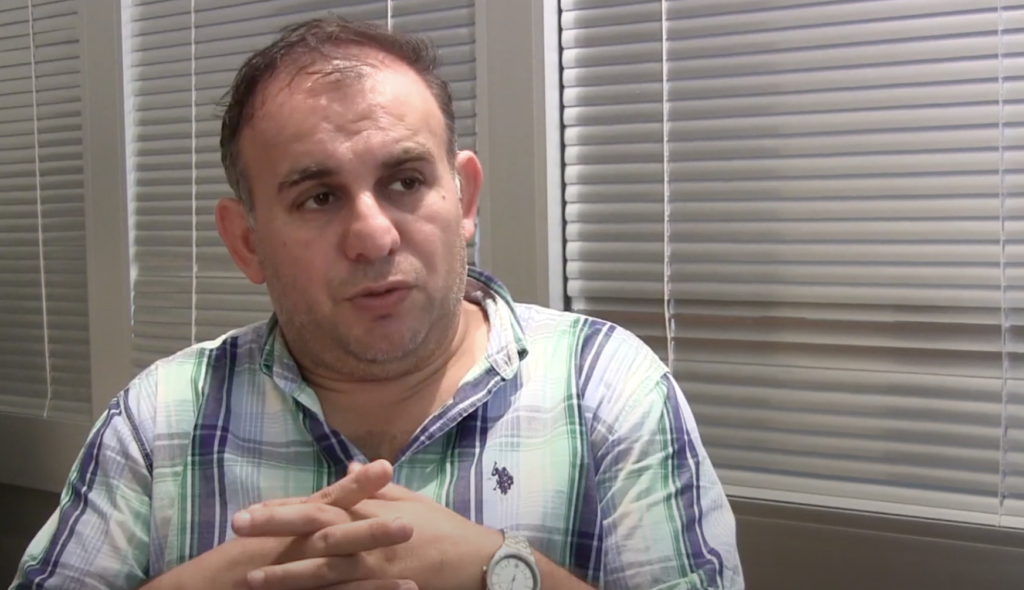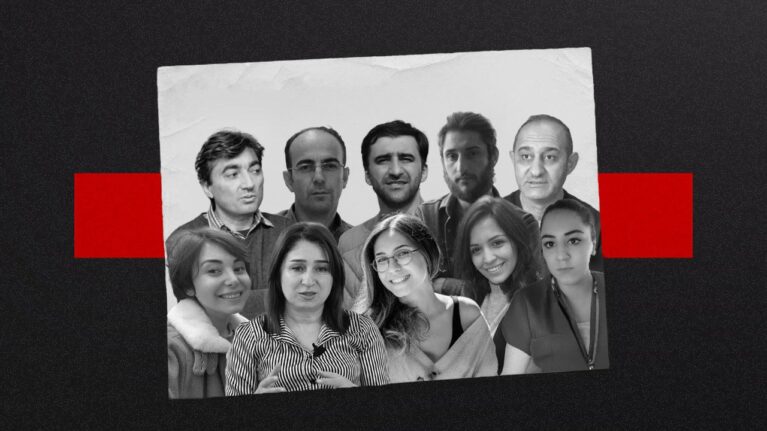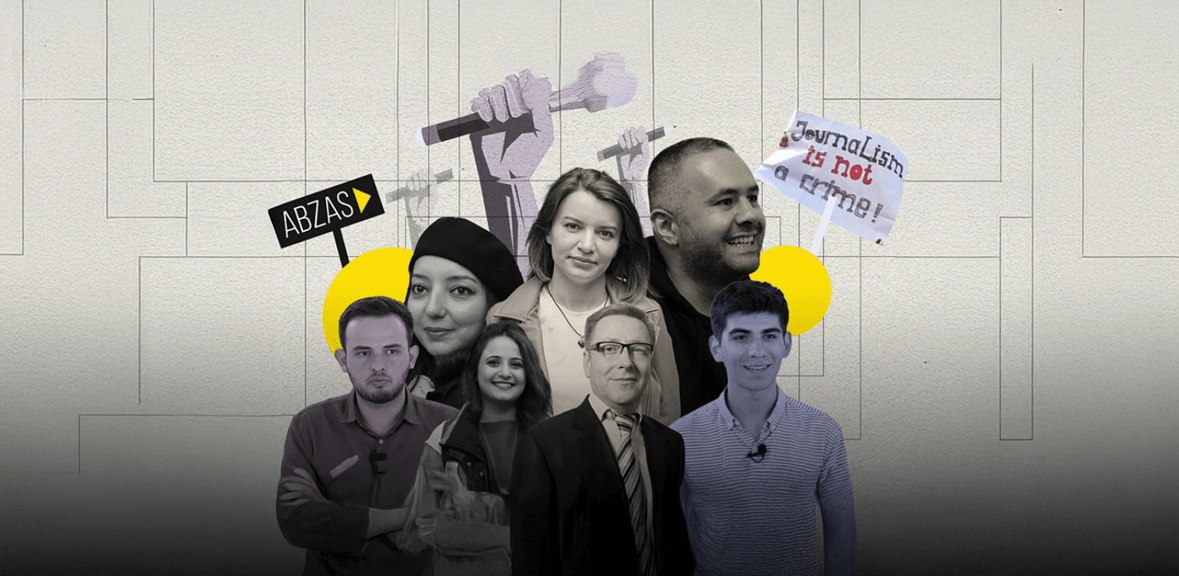Police violence against minors in Azerbaijan: “Each was forced to pay a bribe”
Police violence in Azerbaijan
A video shared by blogger Mehman Huseynov has reignited concerns over police impunity in Azerbaijan — this time involving minors as victims.
According to the information released, officers from Police Department No. 37 in Baku’s Khatai District allegedly forced five boys aged 14 to 15 into a police car and physically assaulted them. An audio recording published days after the incident captures both verbal abuse and the sound of beatings. At one point, a child can be heard screaming in pain as officers use obscene language.
The video and audio sparked outrage on social media, with many users also recalling the case of Elgun Ibrahimov — who died under mysterious circumstances last month in Ganja, in what some suspect was another instance of police abuse.
The Interior Ministry has issued no official comment on the incident.
“They were put in a police car for cracking sunflower seeds too loudly”
A relative of one of the detained minors, who asked not to be named, told JAMnews that the incident had no serious basis.
“The children were simply sitting and eating sunflower seeds. The area was already littered before they got there, but the boys even had a plastic bag to collect their rubbish — you can hear that on the audio recording,” he said.
According to him, physical violence occurred only during the initial detention:
“One of the boys was severely beaten in the police car. The audio confirms this. There was no physical abuse inside the station itself.”
It is alleged that once at the station, police demanded a bribe of 300 manats (around $177) from each of the boys. However, the demand was not met, and the children were released without their parents being called in.
“We managed to prove the detention was unlawful, and all of them were released without paying a single manat.”
An official complaint has now been filed. “We’ve been told the result will be known within two days,” the relative added.
“Law exists, but it’s not enforced”

Lawyer Khalid Bagirov told Meydan TV that under Azerbaijani legislation, police abuse of power, violence, and degrading treatment are criminal offences. However, he said the issue lies not in the absence of legal mechanisms, but in their failure to function.
“Violence against children is an especially serious matter. But in this country, police impunity has reached a level where the law exists only on paper. The police see themselves as the force behind the system and essentially act as untouchable,” Bagirov said.
He stressed that in rule-of-law states, such incidents would immediately lead to the officer’s suspension and the launch of a criminal investigation. In Azerbaijan, however, such responses remain the exception rather than the rule.
Aliyev: “Not a single police officer will be punished”
International conventions on children’s rights — including the UN Convention on the Rights of the Child — obligate Azerbaijan to prevent such cases and hold perpetrators accountable. But in practice, neither legal mechanisms nor institutional oversight have ensured protection from police violence.
In early March, the Azerbaijani government proposed shutting down the offices of four UN agencies operating in the country — the UN Development Programme (UNDP), UNFPA, the UN Refugee Agency (UNHCR), and UNICEF. On 6 May, the UNFPA and UNHCR offices were expelled from Azerbaijan.
President Ilham Aliyev has openly stated that police officers who commit abuses will not be held accountable: “I said it then, and I repeat it now — not a single police officer will be punished.”
According to human rights defenders, impunity causes not only physical harm but fosters a climate of fear. Many parents, lacking trust in law enforcement, choose silence or compromise over legal recourse — a pattern that leads to long-term social trauma.
Violations of children’s rights are not uncommon in Azerbaijan. But this case once again raises pressing questions: If the law exists, why doesn’t it work? And if there is a system, why doesn’t it protect children?





















